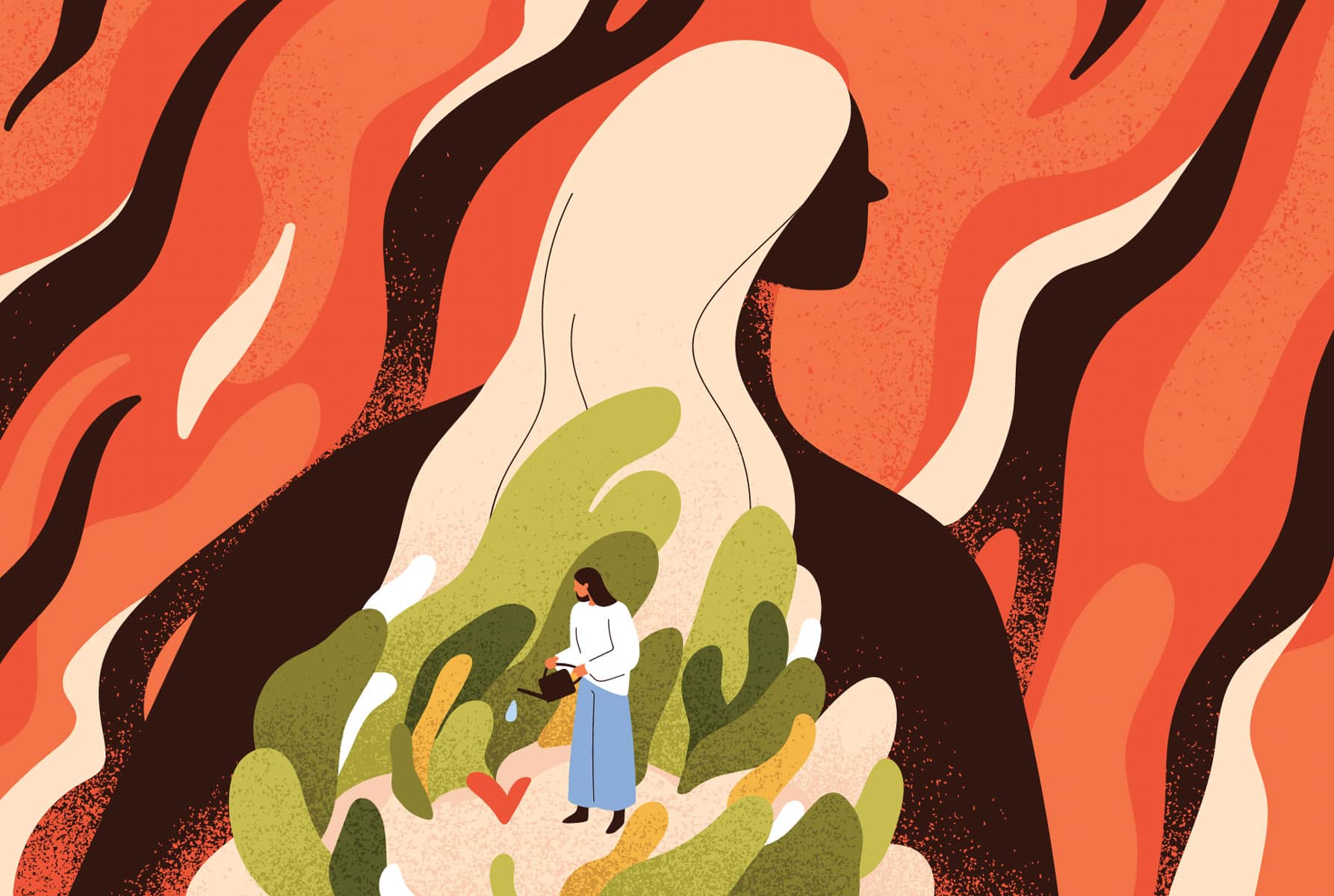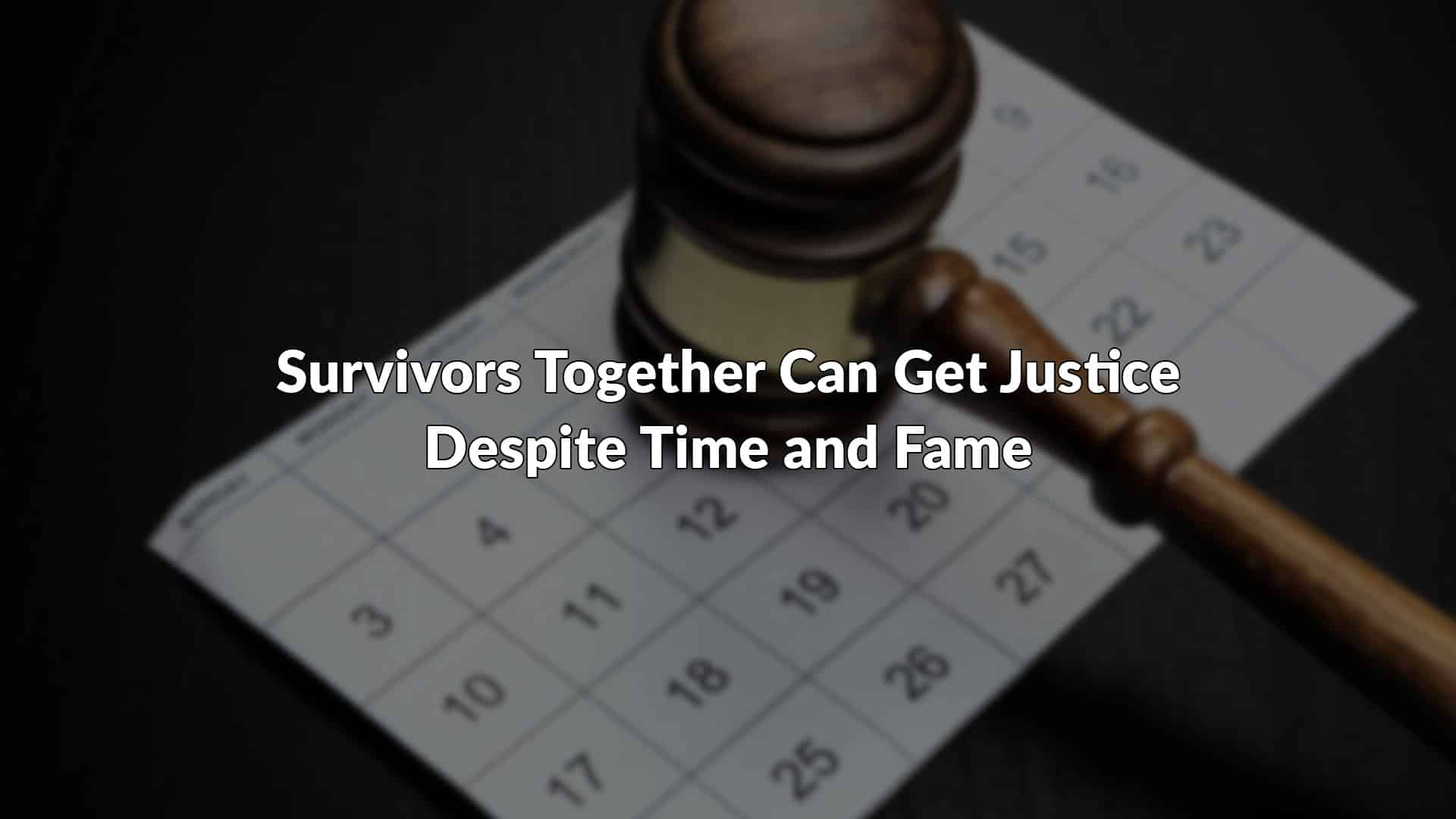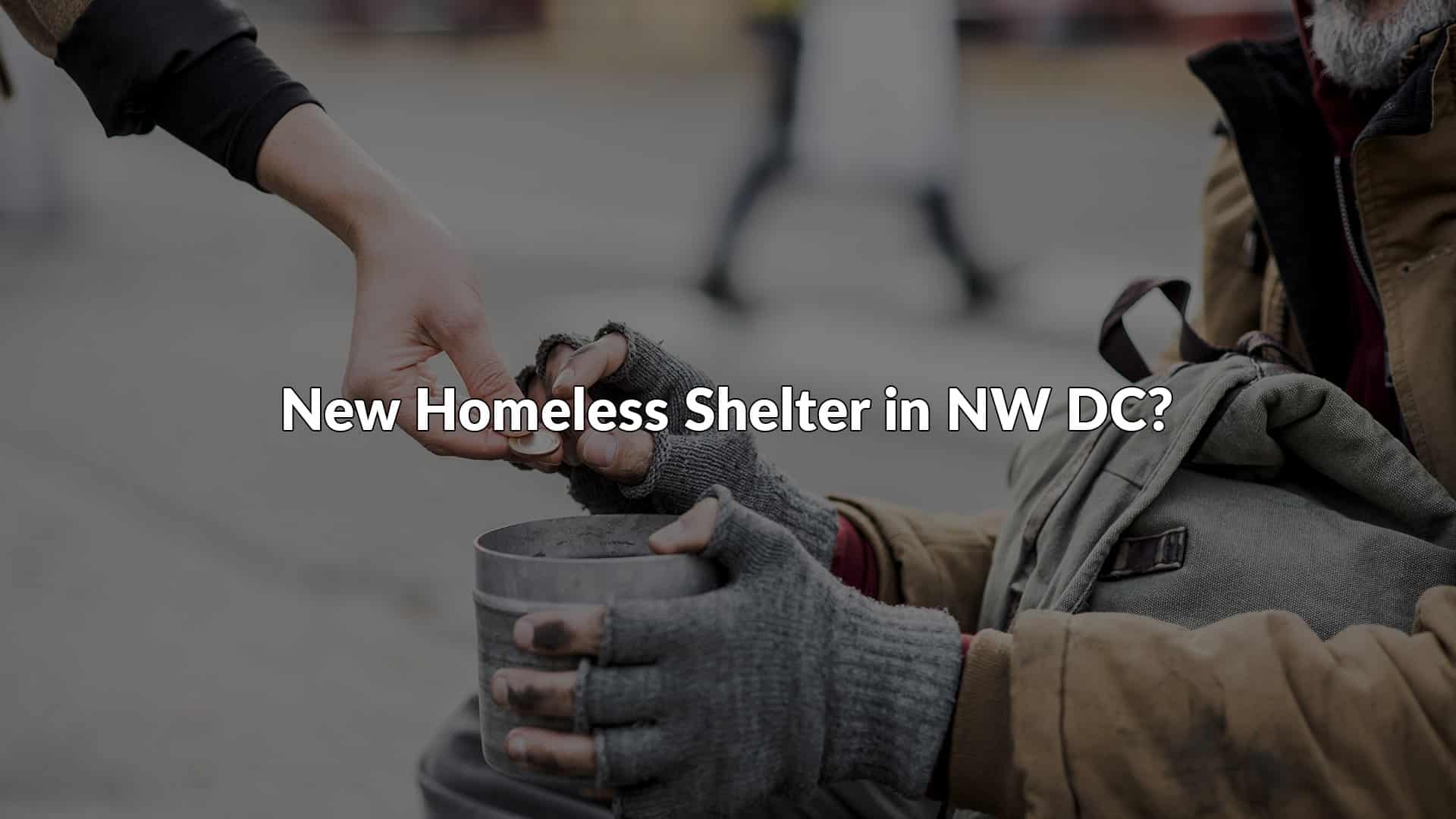The TIP Heroes come from every region of the world and focus on a variety of challenges, such as policy advocacy, training of law enforcement officials, victim rehabilitation, and community education.[4] As the heroes shared their experiences at the ABA on June 19, several stories were striking and similar patterns emerged throughout the discussion. In particular, Amara will highlight the stories of Beatrice Jedy-Agba and Jhinna Pinchi, who have faced legal and political issues in combating trafficking.
Beatrice Jedy-Agba, the Executive Secretary of Nigeria’s National Agency for the Prohibition of Trafficking in Persons, detailed the gap between the law itself and the successful implementation of legislation. She identified the lack of public knowledge as the challenge because Nigerians do not know what constitutes human trafficking and do not think trafficking happens in Nigeria.[5]
To spread awareness about the reality of human trafficking in the country and to enhance education about the country’s anti-trafficking laws, Ms. Jedy-Agba developed enlightenment initiatives to engage and mobilize the general public.[6] She has worked with local and international NGO’s, foreign governments, and other partners to re-integrate trafficking survivors into Nigeria and to add anti-trafficking programs to the Nigerian development agenda.[7] Beatrice Jedy-Agba serves as an example to all anti-trafficking advocates working to bridge the gap between government efforts and public awareness.
Jhinna Pinchi, a survivor of human trafficking herself, has become a strong advocate for trafficking victims in Peru. Ms. Pinchi was the first trafficking victim in Peru to confront her traffickers in court and she faced many obstacles and threats during the process.[8] The legal proceedings took four years, during which the largest challenge for her was being recognized as a trafficking victim, because the Peruvian anti-trafficking law only holds that minors can be victims of trafficking.
At the roundtable event, Ms. Pinchi asked everyone to remember the difference between prostitutes and victims because victims are forced and/or tricked into a life of prostitution. Regardless of one’s age, one can become a victim of trafficking, but it took four years for the Peruvian court to acknowledge that fact. Three of her traffickers have been convicted, but one remains at large.[9] Ms. Pinchi persevered throughout her legal battle and has now become a symbol for justice for trafficking victims in Peru.
The Amara Legal Center applauds all the TIP Heroes and thanks them for their incredible work fighting human trafficking.
By Caroline Ackerman



